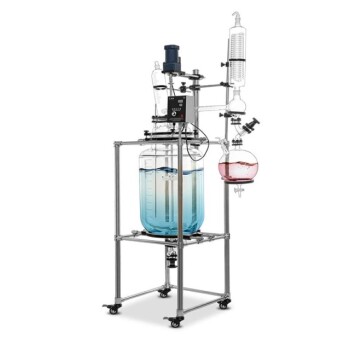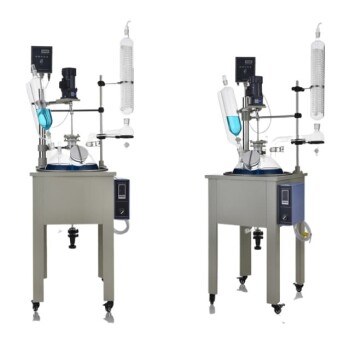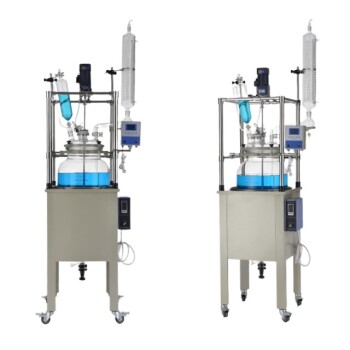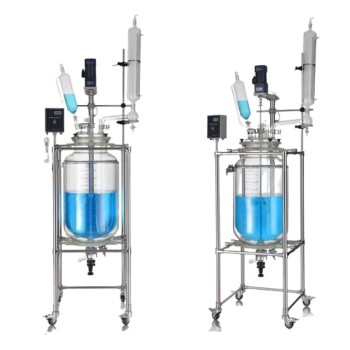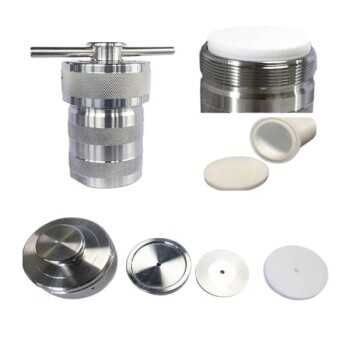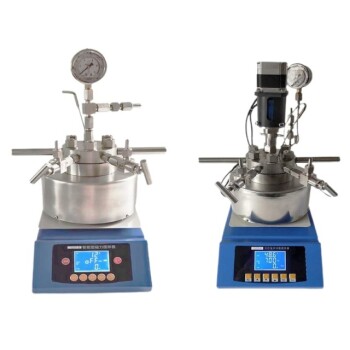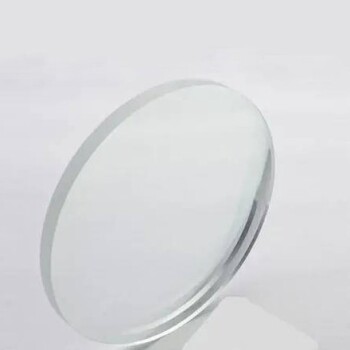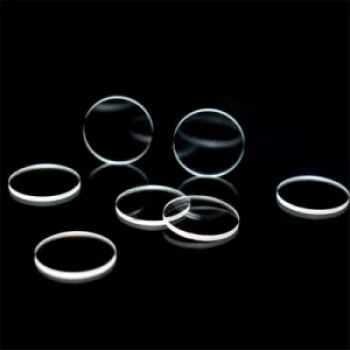Glass reactors are versatile and widely used across various industries for a range of chemical processes. They are employed in industries such as petrochemical, pharmaceutical, biochemical, food production, and more. These reactors are designed to handle high and low-temperature reactions, vacuum conditions, solvent synthesis, distillation, extraction, purification, and concentration. They support manual, automated, and program-controlled operations, ensuring stable production, improved product quality, and reduced environmental pollution. Additionally, glass reactors are critical in laboratory research, educational institutions, and industries like metallurgy and fine chemical production.
Key Points Explained:

-
Versatility in Chemical Processes:
- Glass reactors are used for a wide range of chemical processes, including sulfonation, nitration, hydrogenation, alkylation, polymerization, and condensation.
- They are also employed in producing organic dyes and intermediates, making them essential in industries like petrochemical, rubber, pesticide, and dye manufacturing.
-
Temperature and Pressure Adaptability:
- Glass reactors can handle high-temperature reactions (up to 300℃) and low-temperature reactions (down to -80℃).
- They are suitable for vacuum conditions, making them ideal for negative pressure reactions, vacuum distillation, and solvent synthesis at constant temperatures.
-
Application in Various Industries:
- Pharmaceutical Industry: Used for chemical synthesis, reaction screening, temperature-sensitive reactions, and the production of medicines.
- Biochemical Industry: Essential for processes in biochemistry and biological pharmacy.
- Food Industry: Employed in food production and processing.
- Chemical Industry: Used for reactions, separation, concentration, and combination processes.
- Laboratory Research: Widely used in scientific research and educational institutions for experiments and studies.
-
Types of Glass Reactors:
- Reaction Kettles: Used for various chemical reactions.
- Decomposition Kettles: Employed for breaking down complex compounds.
- Polymerization Kettles: Used for polymerization processes.
- Distillation and Reflux Reactors: Ideal for distillation and reflux reactions.
- Extraction and Purification Reactors: Used for extraction separation and purified reactions.
-
Material and Design:
- Glass reactors are often made from materials like carbon manganese steel, stainless steel, zirconium, and nickel-based alloys, ensuring durability and resistance to various chemicals.
- The design supports manual, automated, and program-controlled operations, enhancing efficiency and precision in production processes.
-
Benefits and Advantages:
- Stable Production: Ensures consistent and reliable production processes.
- Improved Product Quality: Enhances the quality of the final product.
- Increased Profitability: Reduces manual labor and operational costs.
- Environmental Benefits: Minimizes environmental pollution through controlled and efficient processes.
-
Specialized Applications:
- Hydrogenation and Oxidation: Suitable for hydrogenation and oxidation reactions.
- Photochemical Reactions: Used in photochemical processes.
- Temperature-Sensitive Reactions: Ideal for reactions that require precise temperature control.
-
Educational and Research Use:
- Glass reactors are critical in educational institutions for teaching and research purposes.
- They are used in scientific research for developing new chemical processes and products.
In summary, glass reactors are indispensable tools in various industries due to their versatility, adaptability, and efficiency in handling a wide range of chemical processes. Their ability to operate under different temperature and pressure conditions, combined with their durable materials and advanced design, makes them essential for stable production, improved product quality, and reduced environmental impact.
Summary Table:
| Key Aspect | Details |
|---|---|
| Versatility | Used for sulfonation, nitration, hydrogenation, polymerization, and more. |
| Temperature Range | High-temperature (up to 300℃) and low-temperature (down to -80℃) reactions. |
| Pressure Adaptability | Suitable for vacuum conditions and negative pressure reactions. |
| Industries Served | Pharmaceutical, biochemical, food, chemical, and research industries. |
| Types of Reactors | Reaction kettles, decomposition kettles, distillation reactors, and more. |
| Material & Design | Made from durable materials like stainless steel and zirconium. |
| Benefits | Stable production, improved quality, increased profitability, eco-friendly. |
Looking for the perfect glass reactor for your needs? Contact us today to learn more!


